Scientists are calling the Virgin Galactic mission that carried the bones of Australopithecus sediba and Homo naledi to the edge of space a major ethical breach.
For the first time, fossilized remains of ancient human relatives have gone to the edge of outer space — and scientists are not happy about it.
Lee Berger did not reply to a request for comment by the time of publication, but in a statement, he noted that"the journey of these fossils into space represents humankind's appreciation of the contribution of all of humanity's ancestors and our ancient relatives," while Matthew Berger speculated that these hominins"never could have dreamed while alive of taking such an incredible journey as ambassadors of all of humankind's ancestors.
The effects of spaceflight on heritage items"hasn't been an area of scientific study," Justin Walsh, a professor of art and archaeology at Chapman University in California, told Live Science in an email."Space archaeologists like me are definitely interested in the effect of the space environment on items in space," he said,"but I don't think we'd use a piece of heritage from here on Earth as a test article to see what happens to it.
"As a sovereign state, South Africa can manage its national estate as it sees fit, including shooting part of that estate into space like the US, Russia, Denmark, and others all have," Rachel King, an associate professor of cultural heritage studies at University College London, told Live Science in an email.
United States Latest News, United States Headlines
Similar News:You can also read news stories similar to this one that we have collected from other news sources.
 Virgin Galactic launched fossilized human remains to spaceGalactic 03 flew the fossilized remains as 'a tribute to the contribution of all human ancestors and ancient human relatives.'
Virgin Galactic launched fossilized human remains to spaceGalactic 03 flew the fossilized remains as 'a tribute to the contribution of all human ancestors and ancient human relatives.'
Read more »
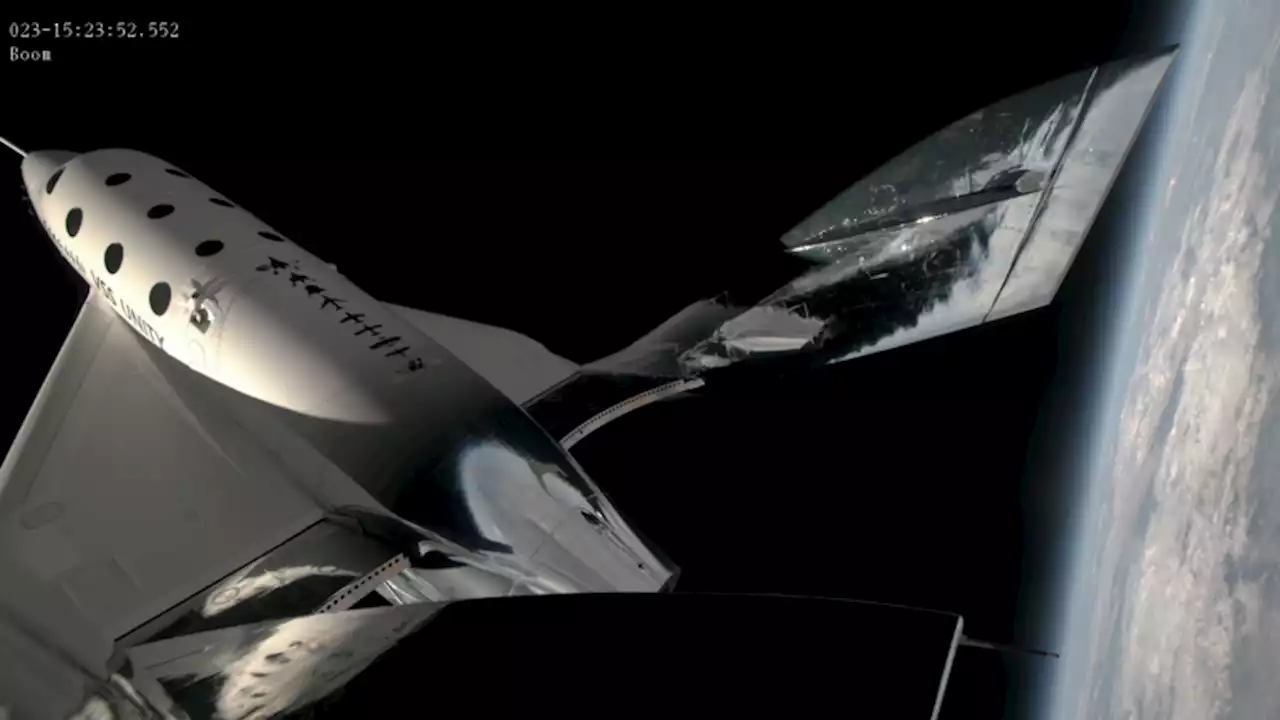 Virgin Galactic blasted ancient bones into spaceA clavicle and thumb bone from two of humanity's oldest relatives traveled into suborbital space on a tourist trip last week.
Virgin Galactic blasted ancient bones into spaceA clavicle and thumb bone from two of humanity's oldest relatives traveled into suborbital space on a tourist trip last week.
Read more »
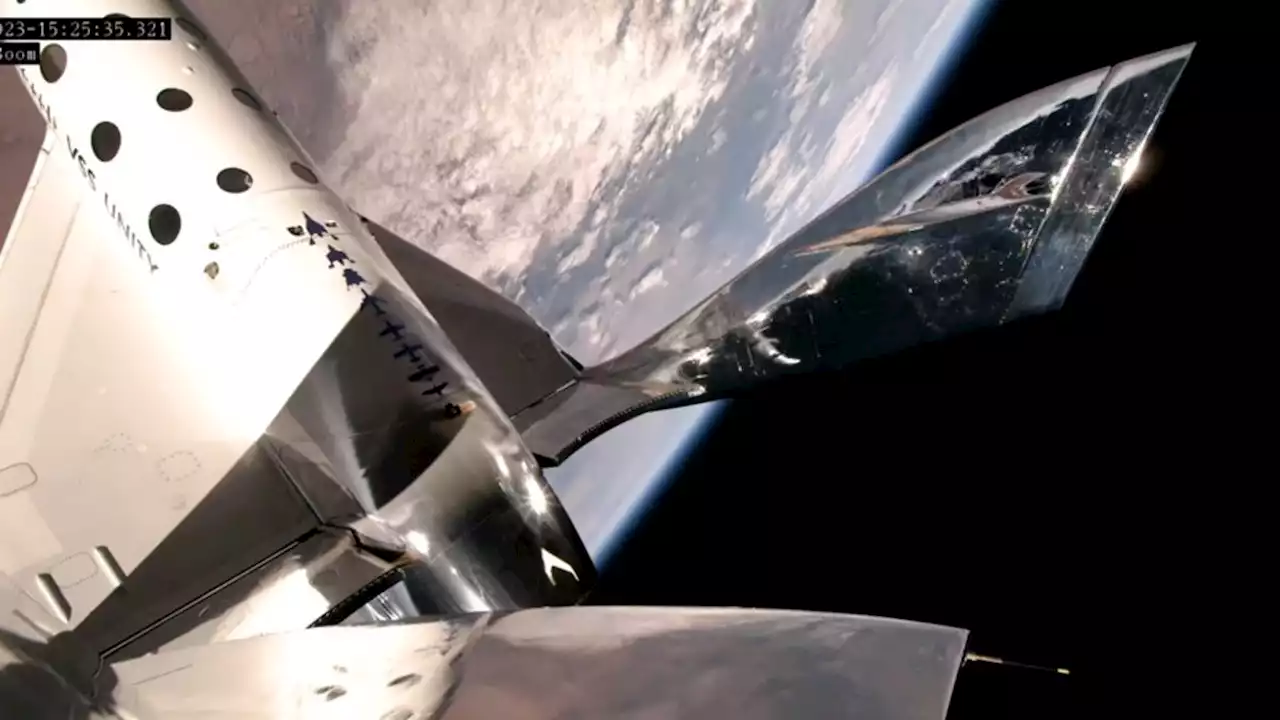 Virgin Galactic just launched 2 million-year-old fossils of human ancestors to space on tourist flightA two-million-year-old early human ancestor has become the oldest traveler to space.
Virgin Galactic just launched 2 million-year-old fossils of human ancestors to space on tourist flightA two-million-year-old early human ancestor has become the oldest traveler to space.
Read more »
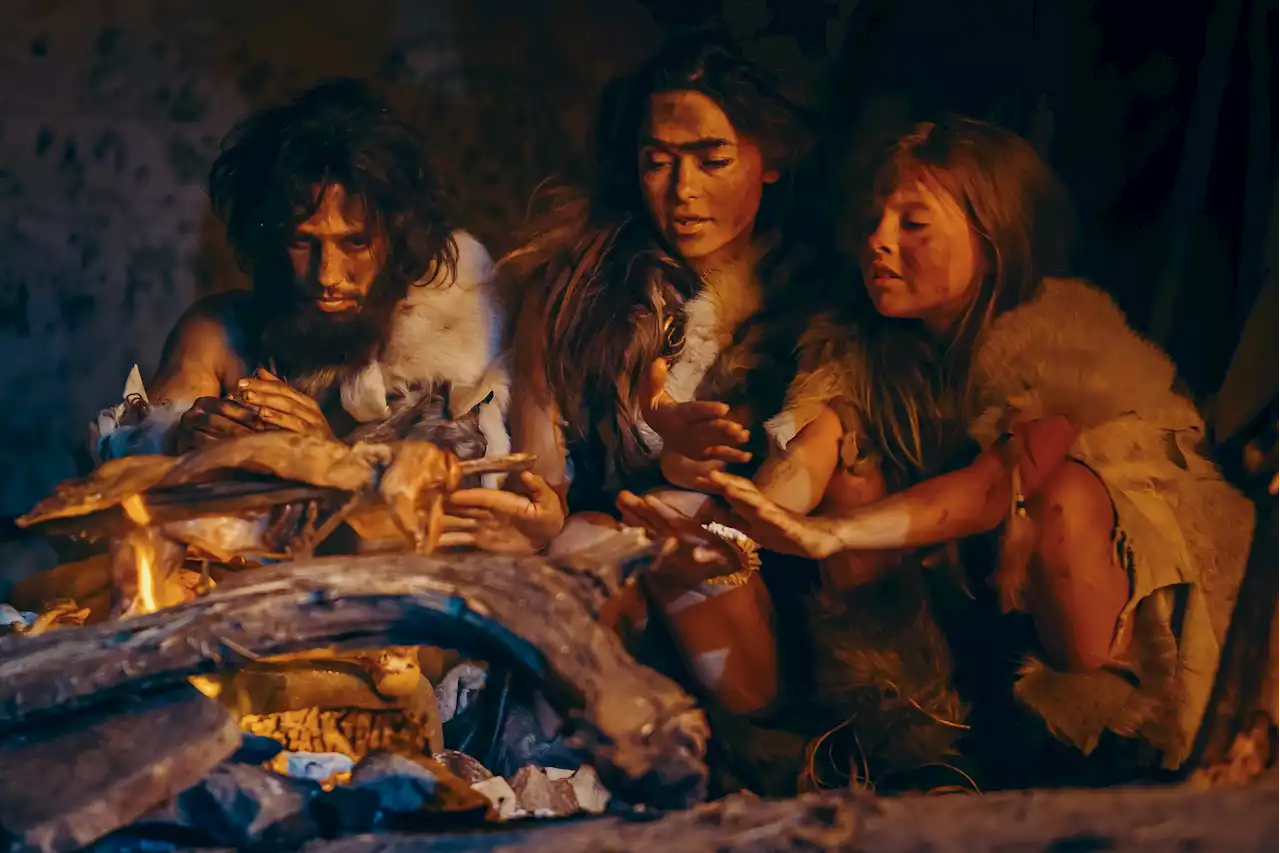 Archaeologists unearth 'shaman' campsite from 9,000 years agoThe hilltop campsite, which may have been used as a base for hunting, contains numerous Stone Age remains, including flint tools and bones.
Archaeologists unearth 'shaman' campsite from 9,000 years agoThe hilltop campsite, which may have been used as a base for hunting, contains numerous Stone Age remains, including flint tools and bones.
Read more »
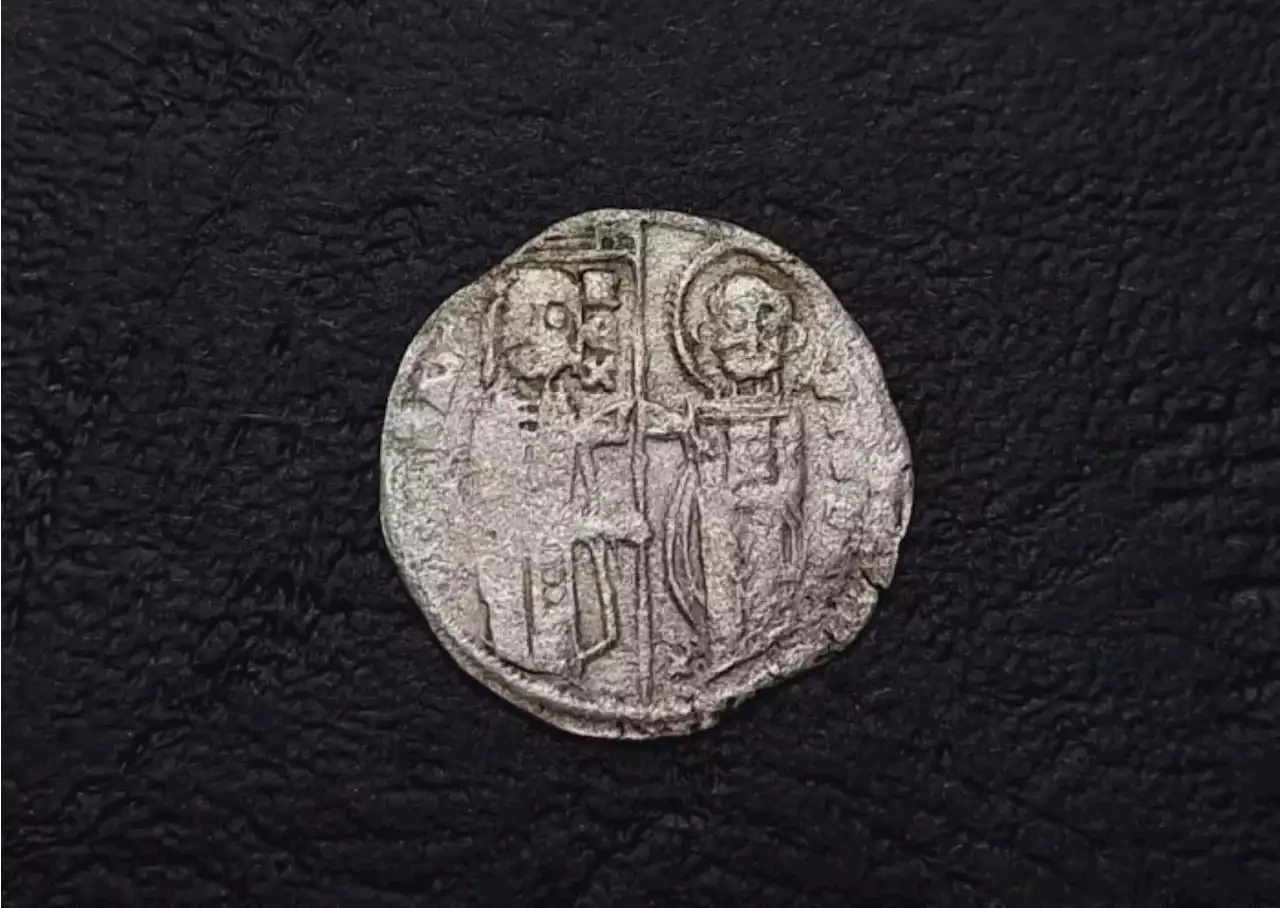 Archaeologists digging up fortress find silver coin depicting Jesus ChristThe coin also shows Serbian King Stefan Uros II Milutin, who ruled from 1282 to 1321.
Archaeologists digging up fortress find silver coin depicting Jesus ChristThe coin also shows Serbian King Stefan Uros II Milutin, who ruled from 1282 to 1321.
Read more »
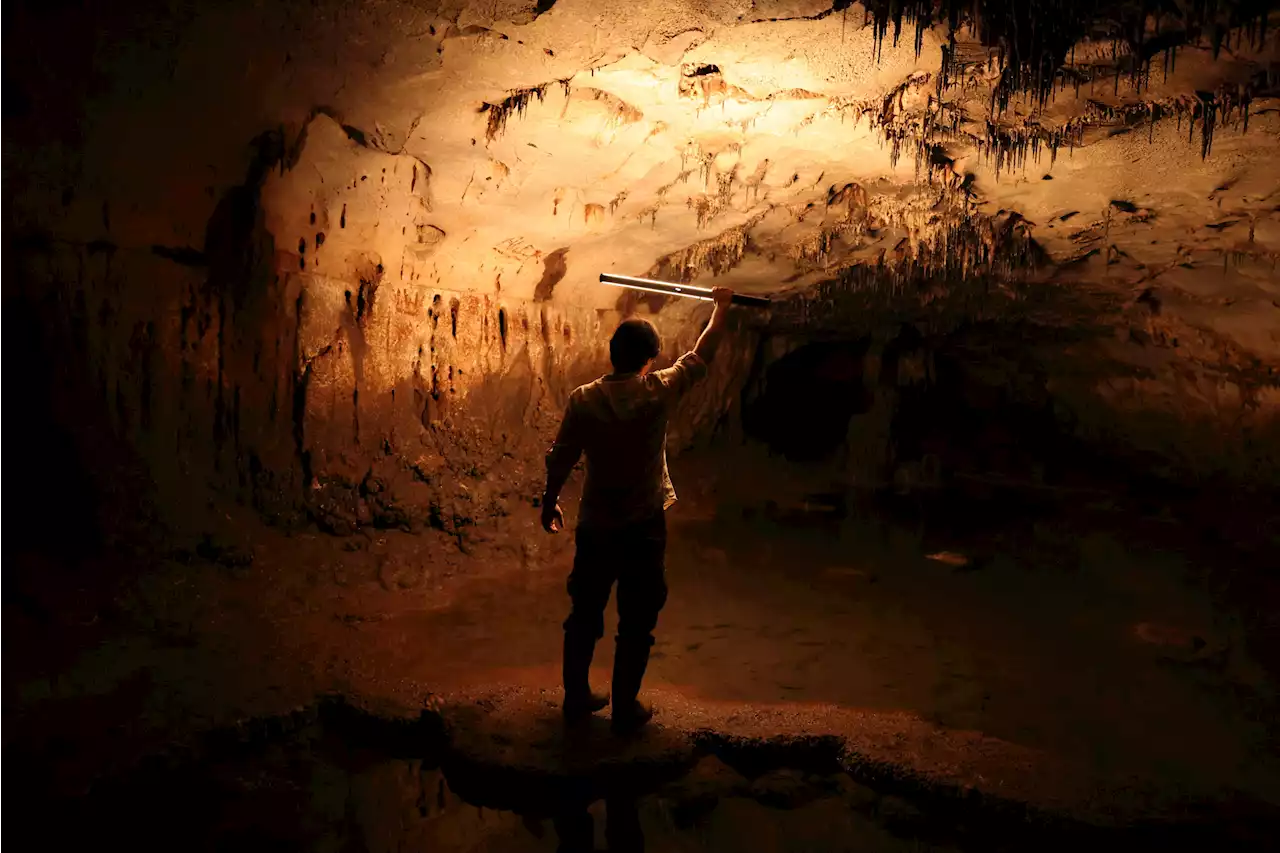 Archaeologists reveal largest paleolithic cave art site in Eastern IberiaArchaeologists have discovered a major paleolithic cave art site, arguably the most important found on the Eastern Iberian Coast in Europe.
Archaeologists reveal largest paleolithic cave art site in Eastern IberiaArchaeologists have discovered a major paleolithic cave art site, arguably the most important found on the Eastern Iberian Coast in Europe.
Read more »
